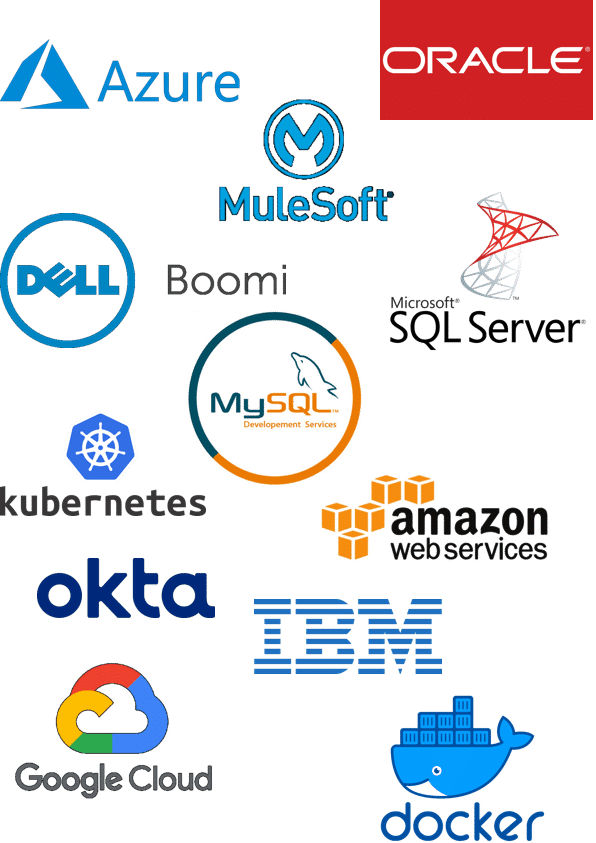Follow the Path to Iterative Transformation for COTS, XaaS, and Cloud Products, Systems, and Services.
Iterative Transformation Model (ITM)
If you're undertaking a large-scale initiative involving one or more enterprise applications or technologies - ERP, CRM, PLM, SCM, HCM - then you've come to the right place. After all, our mission is to help eliminate the frustration, disappointment, and outright failure such initiatives all too often experience. Here, we provide actionable help - beyond theory - to businesses, individuals, and solution implementors. In fact, our approach to iterative transformation can reduce risk, improve value, and save significant amounts of time and money across any number of implementations and digital transformations.
Currently, the Iterative Transformation Model covers 2 broad Categories - Solution Definition and Solution Delivery. Specifically, the model is composed of 9 Sections, covering 48 Parts, which organize over 280 pages of content. It is a growing repository of practical knowledge capital. Whether used in whole, or in part for a particular topic or role, the model offers step-by-step guidance on many delivery aspects. Importantly, the model's design enables you, your team, and your organization, to provide improved Iterative Transformation and Solution Implementation value to your customers.
Enterprise Solutions
What are Your Transformation Challenges?
Enterprise Applications
ERP, CRM, PLM, SCM and HCM initiatives are but a sample of solutions for which the Iterative Transformation Model is designed. Implementing products, systems, and services, can be relatively easy and straightforward; or incredibly challenging and complex. In truth, which path depends upon some things that are not easy to control - the size and complexity of the enterprise; the organization's maturity; and knowledge of applicable technologies.
Better Control for Better Results
However, the path also depends upon many things that one can control - scope and timing of individual initiatives; an initiative's approach, planning, and preparation; and participant's knowledge, skills, and abilities. Thus, the ITM seeks to support, and enable, better practices for the controllable aspects of transformative change. As a result, a well structured approach, embedded knowledge, and better controls lead to lower costs, increased value, and overall improved outcomes.
Enterprise Technologies
The ITM provides practical, actionable guidance for the definition and delivery of transformative initiatives. Specifically, it addresses participants ranging from Executives and Sponsors to Delivery Teams and DevOps. Above all, the model provides a holistic approach which too many initiatives fail to achieve.
Less Time, Less Money, Better ROI
Like to save time - months to years? How about saving some money - $100,000s to $10,000,000s? Would you like to provide more value to your customers - functionality, approval, trust? If so, then look at the model. If the ITM offers improvements over your existing approach (or lack thereof), then why not adopt aspects which can help? In general, the ITM strives to enable consumers to achieve some basic, old-school goals:
- improved productivity.
- ensured business value; and
- higher Return on Investment (ROI).
If such goals interest you, then proceed on.
Iterative Transformation Perspectives
Which view interests you?
Business
To begin, explore how the ITM can enhance your internal knowledge capital. Also, see how it can provide an in-house model for Iterative Transformation and/or Application Implementation. Indeed, it can even support an organization's Center of Excellence (CoE). In short, the options available can benefit both your organization, as well as the customers it serves.
Individuals
Alternatively, see how the ITM can help individuals develop across a variety of key roles. Similarly, it can prepare individuals for role(s) to which they aspire. Of course, Iterative Transformation and Solution Delivery are team efforts. As a result, a number of individuals, each playing their part well, is a key to overall success. Accordingly, see how the ITM can help teams become more productive, and more valuable.
Solution Implementers / Independent Consultants
In this case, immediately increase service offerings to clients and customers by using the ITM to supplement existing capabilities. That is, adopt the model in full, or in part, as best suits the opportunities available.
Explore A Sample
Everyone can access the ITM main page, About the ITM, and the full Section on How to Organize for Iterative Transformation. Furthermore, anonymous users may also access the overview of each of the ITM's nine (9) Sections.
After limited, anonymous access to sample protected content, a Free Registration or any subscription extends access to all Parts within all Sections. At this point, that encompasses 49 Parts within the ITM's 9 Sections.
Further access to Detail Page content within each Part requires a Subscription. Individual, Business, and Implementer consumers can subscribe to single ITM Sections, to Section Groups Solution Definition or Solution Delivery, or to the Full ITM.


